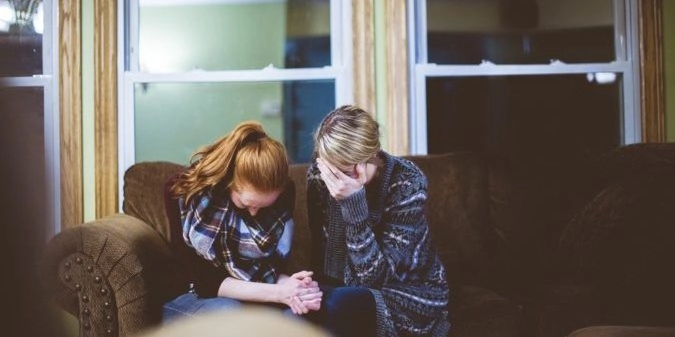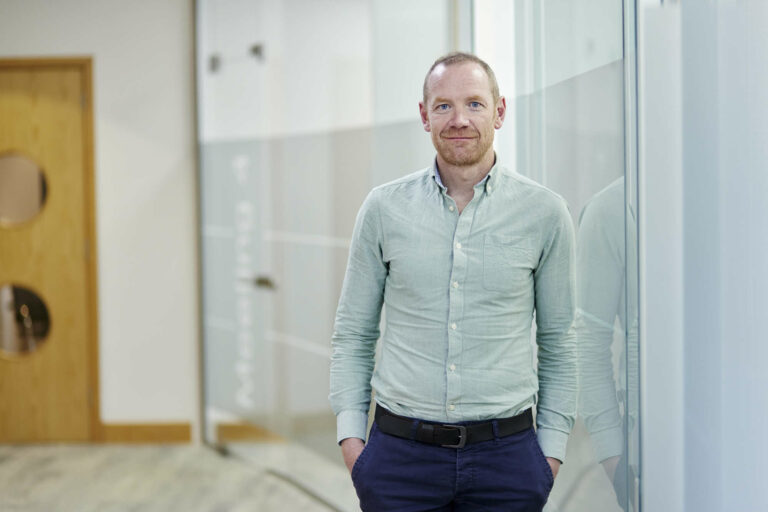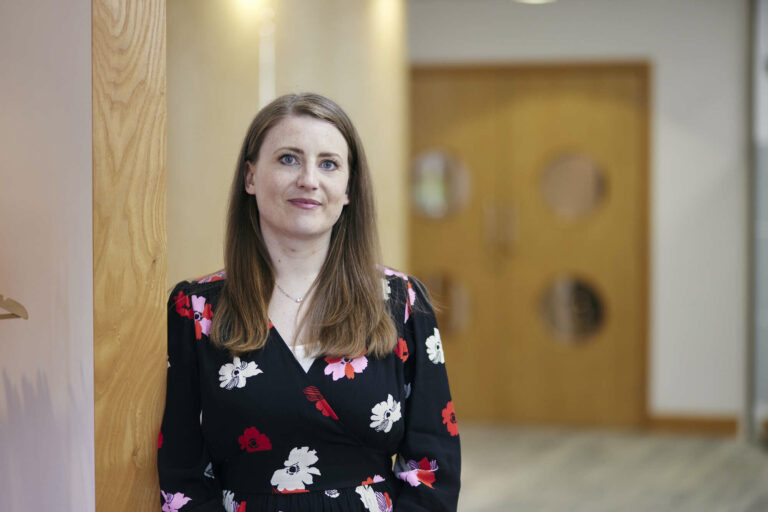Child abuse can take many forms – emotional, physical sexual or neglect. We know it can happen to any child, in any family, in any place including online. The effects of such abuse on a child are varied and wide ranging and almost always, devastating.
Children who are abused or neglected may suffer immediate physical injuries such as cuts, bruises or broken bones. Children who are sexually abused may sustain injury to their genitals, or experience painful urination, stomach aches, sexually transmitted diseases, and pregnancy.
But often abuse isn’t visible, and it may manifest in behaviours such as:
- running away
- vandalism
- shoplifting
- setting fires, or
- hurting other people or animals
Children may develop mental health concerns such as depression, anxiety, altered sleep cycles and low self-esteem.
These things combined will almost always affect a child’s ability to succeed in school, limiting the success they may be able to achieve later on in life in their work or career pathway.
Unfortunately, but unsurprisingly, the effects of child abuse are not limited to childhood.
There are long term consequences of child abuse and neglect which will affect that individual for the rest of their life. Childhood trauma has been linked to a higher risk of many health problems including diabetes, heart attack, cancer and bowel disease. Child abuse also has been associated with certain regions of the brain failing to form, function, or grow properly. For example, a history of maltreatment may be correlated with reduced volume in overall brain size and may affect the size and/or functioning of various regions of the brain affecting such things as:
- processing and regulating emotions
- learning and memory
- decision-making
Experiencing child abuse is also often a trigger for depression, anxiety, and other psychiatric disorders throughout childhood and into adulthood. Such mental health conditions are often characteried by symptoms such as re-experiencing of the traumatic events related to the abuse, avoiding people, places, and events that are associated with their abuse, feeling fear, horror, anger, guilt, or shame, startling easily, and exhibiting hypervigilance, irritability, or other changes in mood. Indeed, studies have found that adults with a history of adverse childhood experiences had a higher rate of suicide attempts then those who did not.
Children who experience abuse and are often subsequently placed in a series of different foster homes or residential homes, can develop attachment disorders. Attachment disorders can negatively affect a child’s ability to form positive peer, social, and intimate relationships later in life. Additionally, children who experience abuse or neglect are more likely to develop antisocial traits as they grow up, which can lead to significant drug and alcohol misuse, being the perpetrator or victim of domestic violence and other criminal behaviours in adulthood.
Perhaps most sadly of all, for someone who has been abused in childhood, and as a result of such consequences described above, these physical and emotional difficulties can even be passed on to the individual’s own children. Further, although most children who have experienced abuse or neglect do not go on to abuse or neglect their own children, research suggests they are more likely to do so compared to children who were not abused. This cycle of maltreatment can be a result of children learning early on that physical abuse or neglect is an appropriate way to parent.
Although the physical, psychological, and behavioural consequences of child abuse and neglect are devastating for the children who experience it, the impact does not end there. Society also pays a price for child abuse and neglect in both direct costs (e.g. hospitalisations, foster care payments) and indirect costs (e.g. long-term care, lost productivity at school, juvenile and criminal justice systems costs).
If you or a loved one has been affected by abuse, get in touch for a free, confidential chat with one of our team to find out how we might be able to help.










